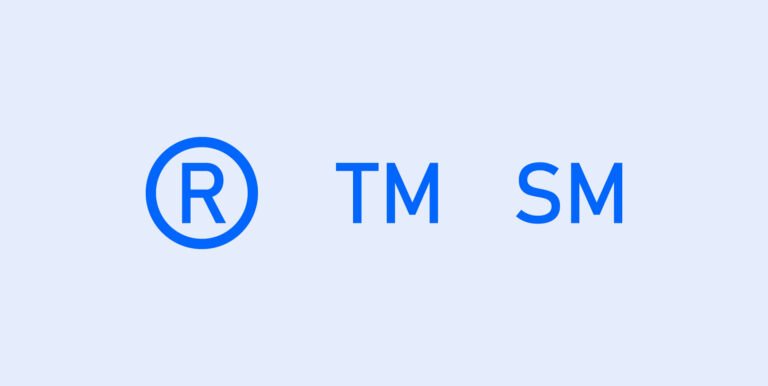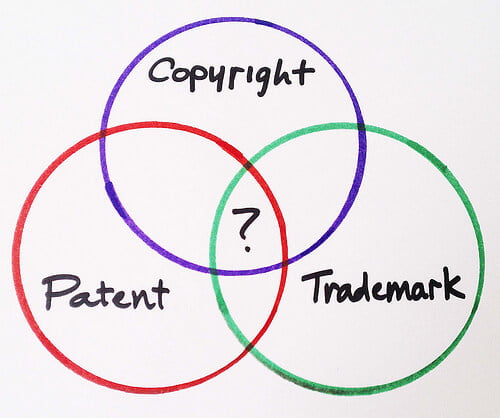Are Trademarks Case-Sensitive?
A trademark is defined as any word, symbol, device, brand name, etc. (or a combination of these) that not only identifies but also distinguishes the goods of one entity from those of another, thereby giving intellectual property rights/trademark rights to brand owners. The United States Patent and Trademark Office (USTPO) defines a wordmark as a…




